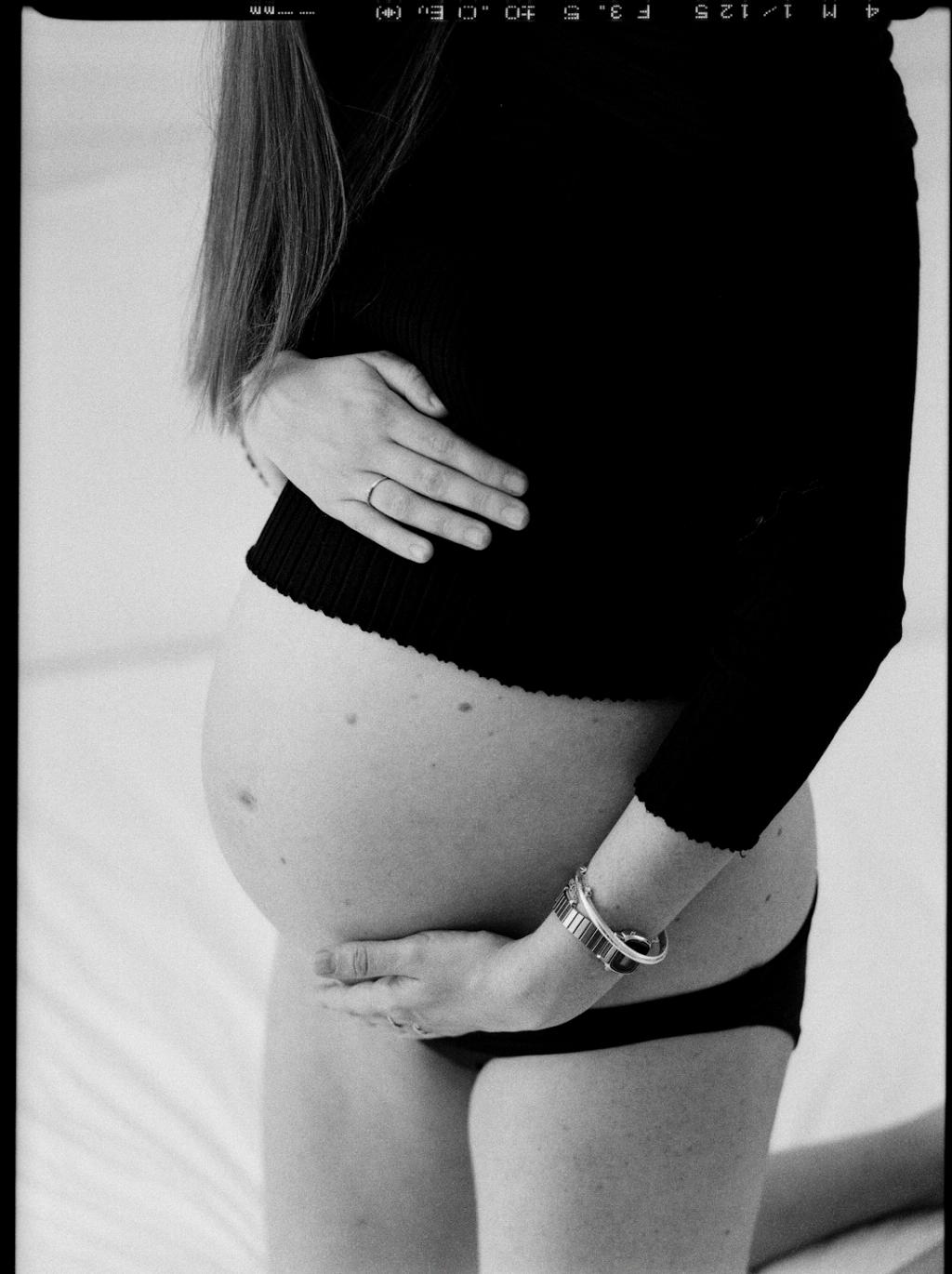Being aware of how your stomach feels in the early stages of pregnancy can help alleviate any concerns or uncertainties you may have. It is common for many women to experience a range of sensations in their stomach area during the first month of pregnancy.
Mild Stomach Pain and Cramps
During the initial stages of pregnancy, mild stomach pain or cramps are a common occurrence. These sensations are typically nothing to be overly concerned about. They are often attributed to the expansion of the womb, the stretching of ligaments as the baby bump grows, and the effects of hormonal changes.
Womb Expansion
The expansion of the womb (uterus) is a natural and necessary process during pregnancy. In the first month, as the fertilized egg implants itself in the uterine lining and begins to grow, you may feel some discomfort or mild pain in your lower abdomen. This sensation is a result of the uterus increasing in size to accommodate the developing fetus.
Ligament Stretching
As your body prepares to support the growth of your baby, the ligaments in your pelvic area and abdomen begin to stretch and expand. This stretching can lead to cramping or aches in the stomach region. It is a normal part of the early stages of pregnancy.
Hormonal Changes
Another factor that can contribute to stomach discomfort in the first month of pregnancy is hormonal changes. The surge in hormone levels, particularly progesterone, can affect your digestive system, leading to bloating, gas, and constipation. These symptoms may manifest as stomach pain or cramps.
Constipation and Trapped Wind
Constipation and trapped wind are common gastrointestinal issues experienced by many pregnant women, especially in the early weeks of pregnancy. The hormonal fluctuations and increased progesterone levels can slow down digestion, resulting in constipation and the build-up of gas in the intestines. These conditions can cause abdominal discomfort and pain.
Managing Stomach Discomfort
While mild stomach pain and cramps are usually harmless in the first month of pregnancy, there are ways to alleviate discomfort. Staying hydrated, eating fiber-rich foods, and engaging in gentle exercises can help regulate digestion and ease digestive issues. It is essential to consult with your healthcare provider if you experience persistent or severe abdominal pain.
Seeking Medical Advice
If you are uncertain about the source of your stomach discomfort or if the pain becomes severe or persistent, it is crucial to seek medical advice promptly. Your healthcare provider can assess your symptoms, address any concerns, and provide guidance on managing stomach-related issues during early pregnancy.
Monitoring Symptoms
Keeping track of your symptoms and noting any changes in your stomach sensations can aid in understanding your body’s responses during pregnancy. If you experience new or concerning symptoms, such as sharp or prolonged pain, spotting, or fever, it is advisable to contact your healthcare provider for further evaluation.
Emotional Support
Coping with stomach discomfort in the first month of pregnancy can be accompanied by emotional challenges. It is essential to seek support from your partner, family, or friends during this period of adjustment. Open communication and sharing your feelings can help ease anxiety and promote emotional well-being.
Conclusion
In conclusion, experiencing stomach pain or cramps in the first month of pregnancy is a common occurrence due to the physiological changes your body undergoes to support the growth of your baby. Understanding the factors contributing to stomach discomfort and adopting healthy practices can help manage symptoms effectively. Consultation with your healthcare provider and maintaining open communication with your support system are vital aspects of navigating the early stages of pregnancy.

